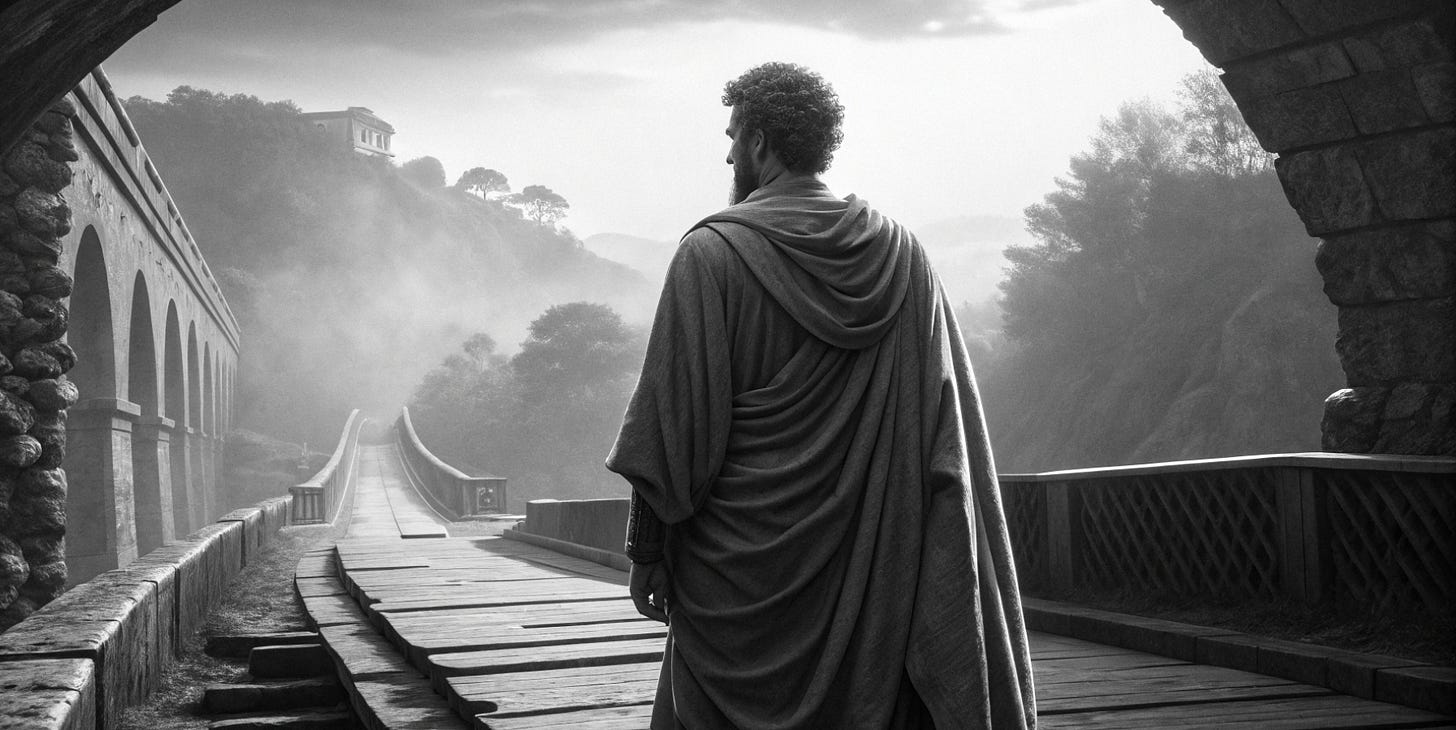Two Worlds, One Moment
Why translators will own the future (they always do)
Yesterday we herded people. Today we brief machines.
Its true: those of us who spent decades managing complexity through human coordination are suddenly managing it through conversation with agents.
Meanwhile, those who mastered the craft of implementation watch their expertise get compressed into prompts.
Two worlds:
The old world where knowledge was edge and where years of practice created moats.
The new world where imagination and clear thinking matter most.
Most discussions about this transition are binary. Its either A) AI liberates us all or B) AI destroys livelihoods.
You're a Luddite or you're a techno-optimist.
But I think the most interesting space is between these worlds.
The Translator Class
Here's what the hand-wringing about AI displacement misses: every technological shift creates translators.
People who must speak both languages. Who can bridge the gap between what was and what will be.
When print destroyed the scribe's monopoly, we got editors. When industrialization killed artisan production, we got industrial designers. When computers arrived, we got systems analysts who could translate business needs into technical requirements.
We need a new translator class. We need people who can:
Help traditional developers evolve into architects of AI-assisted systems
Guide AI-first engineers to understand the wisdom embedded in old patterns
Create frameworks that preserve hard-won knowledge while embracing our new capabilities and,
Build educational bridges that make the transition less violent
To Positive-Sum
There was a time where I leaned toward zero-sum thinking. Resources were finite. Headcount was political. Every winner had a loser.
But creation doesn't work that way. When I build something with Claude, I'm not taking from a fixed pie. I'm expanding what's possible. And more importantly, I'm learning patterns I can share.
Every time an experienced developer shows me why my AI-generated code is fragile, I learn.
Every time I show them how to compress a week's work into an afternoon, they learn.
True discord only happens when we refuse to be students of each other.
The cucumber is bitter? Then throw it out. There are brambles in the path? Then go around them. That’s all you need to know. Nothing more. —VIII. 50
What if, instead of lamenting the devaluation of expertise, we focused on the requisite preservation and transformation?
I'm starting to document every pattern I learn, both from AI and from those more experienced who review my work.
The architectural decisions that prevent future pain. The strategies that catch edge cases AI misses. The human wisdom that needs to survive the transition.
Here's what I've noticed: the most successful AI-assisted developers aren't those who abandon their expertise. They implement faster but think deeper about design.
They're the ones hungry to learn from traditional expertise. Who understand that moving fast without understanding foundations is just future debt pushed forward.
We can frame this moment as violence and there's truth in that framing. Dreams deferred, skills devalued, careers disrupted.
The pain is real.
Or we can frame it as the most interesting bridge-building opportunity in a generation. A chance to combine the best of what we've learned with the best of what's becoming possible.
I choose to build bridges. Not just because “altruism”. No, rather it's the only path I see that honors both where we've been and where we're going.
I often choose to spend the time to write the documentation. Not just for the “machine” but for the humans on both sides of this divide. For my future self.
It's slow work. Unglamorous. Often thankless.
But it's the work that matters. Because in a decade, we won't remember who moved fastest or who resisted longest.
We'll remember who built the bridges that helped us all cross over.



Keep building bridges.
Keep building the bridges.